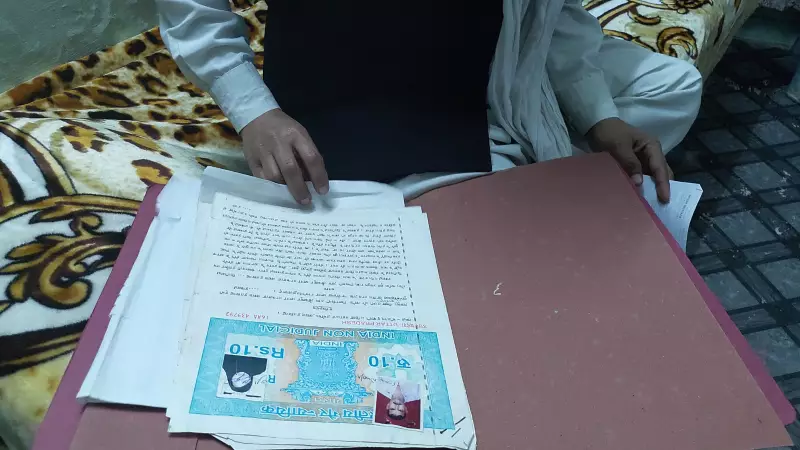
In a powerful judgment that places fundamental rights above religious personal laws, the Allahabad High Court has thrown its weight behind a Muslim woman's decision to enter a live-in relationship after receiving a verbal divorce from her previous husband.
Court's Strong Stance on Constitutional Rights
The bench, comprising Justice Attau Rahman Masoodi and Justice Om Prakash Shukla, delivered a clear message: when it comes to matters of life and liberty, constitutional provisions take precedence over personal laws. The court emphasized that the right to choose one's way of life is fundamental and cannot be compromised.
The Case That Sparked the Debate
The legal battle began when the woman's former husband challenged her new relationship, claiming the verbal talaq (divorce) wasn't valid under Muslim personal law. However, the High Court took a broader view, focusing on the woman's fundamental rights rather than getting entangled in religious technicalities.
'Protecting life is paramount,' the court declared, adding that 'the right to life includes the right to live with dignity and make choices about one's personal relationships.'
Key Legal Points from the Judgment
- Constitutional rights override personal laws in matters of fundamental rights
- Right to life includes right to choose one's relationships
- State has responsibility to protect citizens' life and liberty
- Women's autonomy in personal decisions must be respected
Broader Implications for Women's Rights
This judgment comes as a significant step forward for women's rights in India, particularly for Muslim women navigating the complex intersection of personal laws and constitutional guarantees. The court's stance sends a strong message about individual autonomy and the state's role in protecting it.
The ruling acknowledges that personal laws cannot be used to restrict fundamental rights guaranteed by the Constitution. This perspective could have far-reaching consequences for similar cases across the country.
What This Means for Future Cases
Legal experts believe this judgment could set a precedent for how courts handle conflicts between personal religious laws and constitutional rights. By prioritizing the protection of life and liberty, the court has established a clear hierarchy that could influence future rulings on similar matters.
The decision reinforces the idea that personal laws must operate within the framework of constitutional guarantees, particularly when it comes to protecting vulnerable individuals from potential exploitation or injustice.






